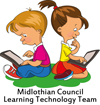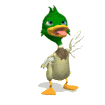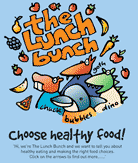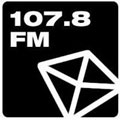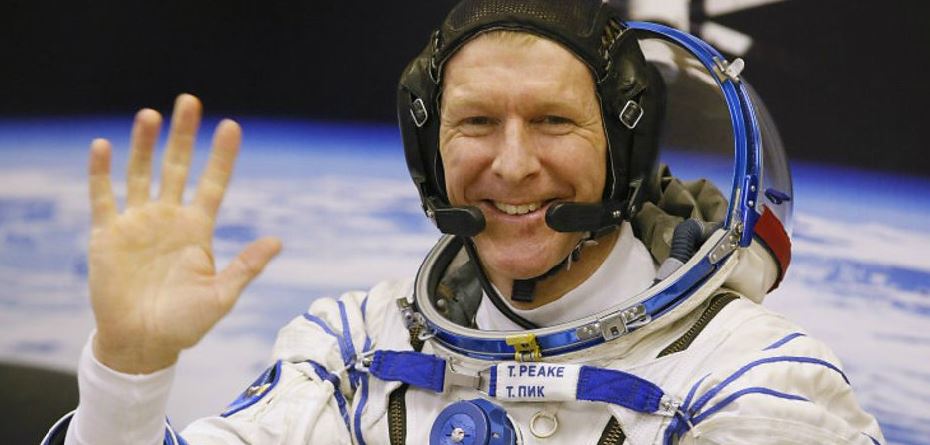
by The Editor | Feb 4, 2016
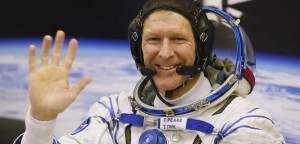
Major Tim Peake was interviewed live in space by Chris Evans on his Radio 2 breakfast show. Listeners were invited to submit question and 10 of those were put to Tim. Among the questions asked was whether Tim was aware of the speed he was travelling at whilst he was on a space walk. Listen to the interview by clicking here.
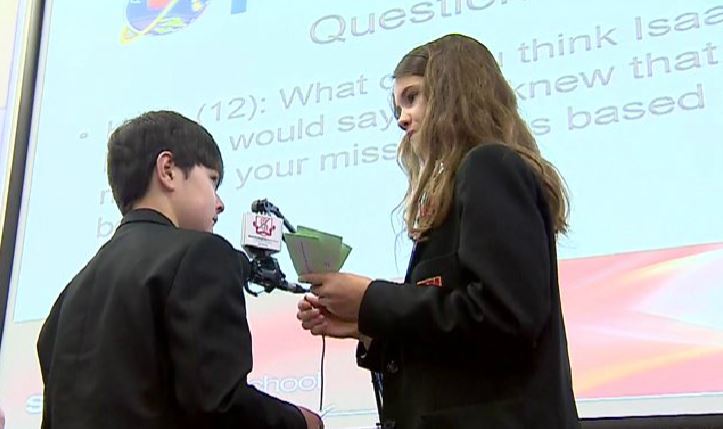
by The Editor | Jan 8, 2016
Sandringham School in St Albans has made history by making the first amateur radio call from the UK to a British astronaut on the space station.
The children contacted Major Tim Peake as he flew overhead on Friday morning.
Pupil Jessica, who has recently passed her radio exams, led the conversation.
It took a few minutes for the crackle and hiss to die down and allow the students to put some questions to the astronaut, before the ISS then went over the horizon and out of range.
Jessica called it an “amazing experience” to be talking to someone 400km above them. Her head teacher, Alan Gray, said it had been an extraordinary opportunity for the school.
“It’s a way of inspiring young people into science and technology – seeing the opportunities that may be available to them,” he told BBC School Report.
“What you’re seeing is that space has an awful lot to offer. It’s not just about talking to Tim Peake on the space station. There are many other things that are useful for young people and will help with their learning.”
For a short period, it looked like the connection would not be made.
The radio equipment set up in the school hall was using a local dish and the famous Earth station at Goonhilly in Cornwall.
Jessica put out repeated calls with no response: “Golf Bravo One Sierra Sierra, GB1SS – this is Golf Bravo One Sierra Alpha November calling and standing by, over!”
But then through the crackle, Major Peake’s voice could just about be heard. A bit of channel-switching soon improved matters, and the pupils raced to the microphone to put their questions to “Britain’s man in space”.
Imogen asked if liquid hydrocarbons would form balls in microgravity; Jess wanted to know how the astronauts studied alloys on the space station; and Jamie was puzzled about the behaviour of a helium balloon on the ISS. Major Peake just had time to tell the students that the balloon would not rise up like on Earth before he was again drowned out by the static.
The Briton launched to the orbiting platform on 15 December and is due to stay aboard until June.
Other schools across the UK will get a similar opportunity to Sandringham in due course. Major Peake has a big highlight coming next week when he will perform a spacewalk. He and crewmate Tim Kopra will venture outside the ISS to replace a failed voltage regulator and restore the station to full power. It has been operating without one of its eight power channels for a number of weeks.
Click here to view the video.
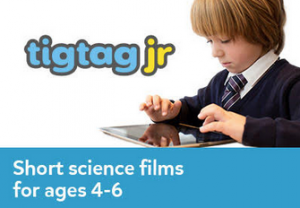
by The Editor | Jan 8, 2016
A new tile has been added to the National Glow App Library by Twig World Ltd.Discover jaw-dropping science resources for ages 4–6!
Tigtag Junior features hundreds of captivating short films, puzzles and games for younger learners. Created specifically for use in schools, Tigtag Junior comes with support materials for teachers including ready-made lesson plans and topic background information. You can add this free tile to your ‘My Launchpad’ for easy access to it at all times. To add an app or tile to your Launchpad(s) you may find the following video useful –
Adding a tile
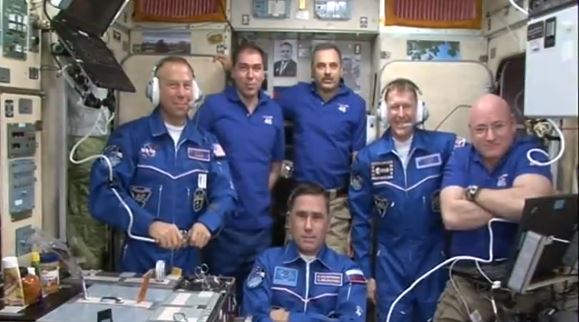
by The Editor | Dec 1, 2015
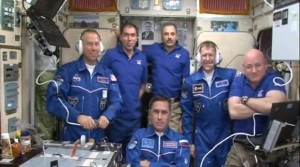
UK astronaut Tim Peake has boarded the International Space Station, which will be his home for the next six months.
Mr Peake is the first UK astronaut to fly under the banner of the European Space Agency (Esa).
On the ISS he will complete experiments and educational activities designed to get young people interested in science.
Fuelling of the rocket has begun ahead of the launch – set for 11:03 GMT – from Site 1 at Baikonur, the pad where Yuri Gagarin made the first historic human spaceflight in 1961.
The Soyuz space capsule is due to dock with the space station at 17:23 GMT. Find out more on the BBC

by The Editor | Aug 20, 2015
 Twig and Tigtag have been procured by Education Scotland for a further 12 months through to July 2016. As a result, these award-winning online resources will continue to be available to all schools through Glow for use by educators and learners across Scotland.
Twig and Tigtag have been procured by Education Scotland for a further 12 months through to July 2016. As a result, these award-winning online resources will continue to be available to all schools through Glow for use by educators and learners across Scotland.
New resources, Twig assignments and Tigtag Junior, will also be added in late autumn to the existing package available. An accompanying resource, Reach-Out CPD – a professional learning resource from Twig World to support primary science – has also been recently made available to Glow users.
Learners and practitioners (including those in early learning and childcare, additional support needs, primary and secondary school settings) are encouraged to make use of these resources which can be found on the App Library of Glow.
More about Twig, Tigtag and Reach Out
Twig is an award-winning online teaching resource providing thousands of tailor-made, short films to help bring lessons to life. Content has been created by teachers and academics to support delivery of Curriculum for Excellence covering sciences, social studies and mathematics for learners aged 11-16. Twig Experiments offers over 300 short films covering 81 key experiments.
Tigtag is aimed at learners aged 7-11 years and provides online resources to support the teaching of primary science. It contains science in action videos, ready-made lesson plans, hundreds of images and diagrams, practical activities and fun facts. From the end of September, Glow users will also have access to Tigtag Junior which is an accompanying online science resource for learners aged 4-7 years.
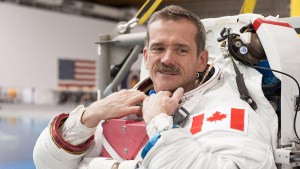
by The Editor | Mar 30, 2015
Last week we had the privilege of talking LIVE to Commander Chris Hadfield, the previous Commander of the International Space Station. Commander Hadfield, talking to us from Mexico, responded to a very wide range of questions from nursery learners, primary and secondary school pupils in Scotland including:
Is the moon made of cheese?
What happens if you get claustrophobia in space?
Can you light fire in space?
Are there any aliens in space?
Is there a difference in a day (24 hours) in space?
Is the sun brighter in space?
For answers to these and all the other questions posed, please view the Glow TV watch again facility (Glow log-in needed).
Commander Hadfield had this advice for all Scotland’s learners:
“Think about all the little decisions you make every day, they turn you into who you’re going to be tomorrow and it’s those little decisions that eventually turn you into who you’re going to be your whole life. Make good decisions and it’s amazing where it could lead you.”
















